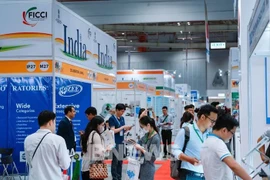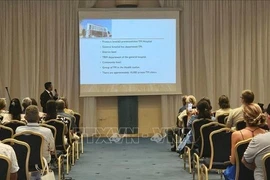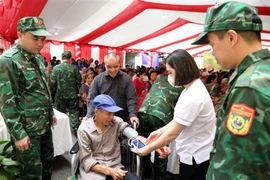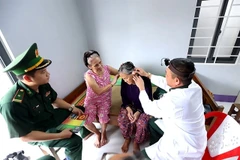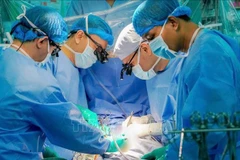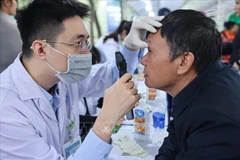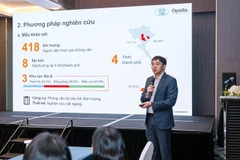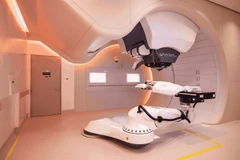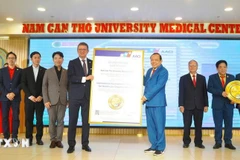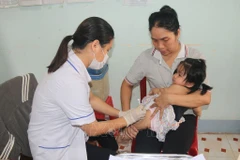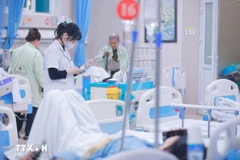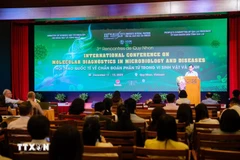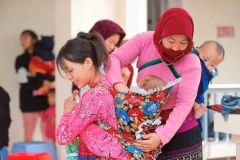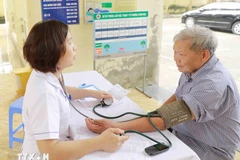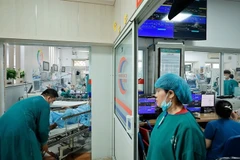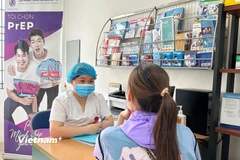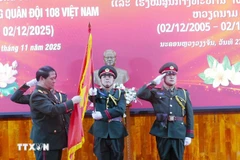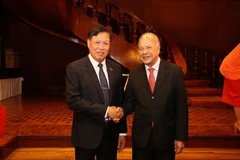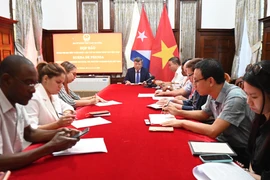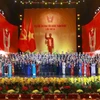Hanoi (VNA) - Vietnamese traditional medicine is facing numerous opportunities as well as challenges in the context of deepening international integration and comprehensive reforms of the health system, said deputy Minister of Health Nguyen Thi Lien Huong.
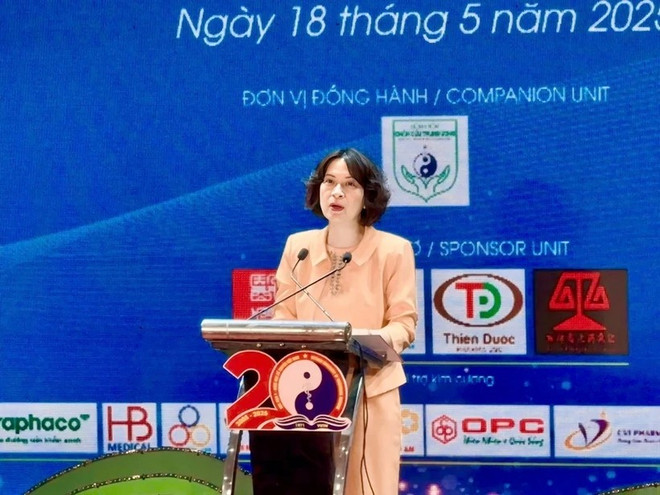
The deputy minister made the statement at the scientific conference titled “Vietnam Academy of Traditional Medicine and Pharmacy: Inheritance, Innovation, and Integration,” held on May 18 in Hanoi to mark the 20th founding anniversary of the Academy (2005–2025) and the 55th anniversary of its tradition (1971–2025).
The conference served as an important forum to evaluate achievements while opening new directions for the future development of Vietnamese traditional medicine and the Academy in this new era.
The event welcomed 13 international delegations from countries with developed traditional medicine systems and long-standing cooperation with Vietnam, reflecting strong international collaboration and enhancing the Academy’s global presence.
According to Deputy Minister Huong, the Vietnamese traditional medicine sector has received consistent attention from the Party, the State, and the Ministry of Health in recent years, with various guiding documents issued to support its development. These include Resolution No. 20-NQ/TW dated October 25, 2017; Directive No. 24-CT/TW dated July 4, 2008; Conclusion No. 86-KL/TW dated
July 10, 2024; the Law on Medical Examination and Treatment (2023); and the amended Law on Pharmacy (2024), along with relevant decrees and circulars.
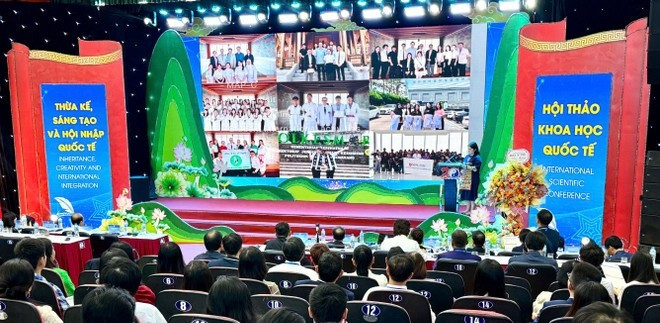
In the face of new challenges, the health sector will continue to push for the implementation of Party policies and legal regulations related to training, research, and application of traditional medicine to further develop the Vietnamese traditional medicine sector and integrate it regionally and internationally.
The deputy minister emphasized the importance of learning from international experience through the reports shared by countries with a tradition in traditional medicine. This knowledge is crucial for reforming and improving the quality of traditional medicine physician training in Vietnam, with an eye toward the national competency exam for traditional medicine doctors to be implemented under the current Law on Medical Examination and Treatment starting in 2027.
She also called for relevant quarters to proactively provide expert input to the Ministry of Health and the National Medical Council regarding the content and format of the upcoming competency exam, based on Vietnam’s realities and lessons learned from other countries.
A particular focus was placed on the need to preserve, inherit, and develop traditional medicine, expand herbal resources and traditional pharmaceuticals, enhance scientific research and technology transfer, and strengthen international cooperation. Efforts should be made to build and promote the image and global branding of Vietnamese traditional medicine.
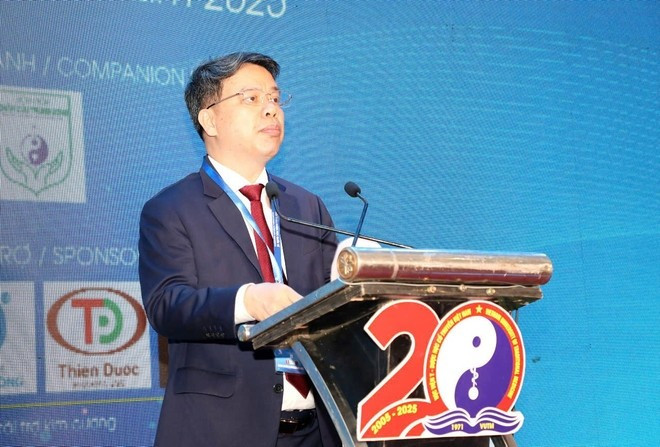
Associate Professor Nguyen Quoc Huy, Director of the Vietnam Academy of Traditional Medicine and Pharmacy, shared that the conference featured three in-depth sessions with nearly 20 high-quality scientific presentations. These reports reflected the trends of development, integration, and interdisciplinary application of traditional medicine in Vietnam and globally.
The three sessions covered: Training and competency-based assessment of traditional medicine physicians; Updates on advances in cancer screening, diagnosis, and treatment using both modern and traditional medicine, and integration of the two systems; and Domestic and international reports on collaborative approaches.
International experts from countries with advanced traditional medicine systems, including the Republic of Korea, China, Thailand, Japan, Malaysia, and Australia, participated in the sessions. Their insights offered valuable experience for Vietnam in areas such as curriculum reform, training quality improvement, and applying traditional medicine in clinical practice, including cancer treatment.
Highlighted presentations included a report on acupuncture research directions in the 21st century; The current status of acupuncture and moxibustion in Japan; Application of Zhuang acupuncture in treating migraines; The supportive role of electroacupuncture in managing anxiety and depression in Hanoi; A recovery journey powered by the healing strength of traditional medicine; Scalp acupuncture for migraine treatment and in-depth research findings.
These reports provided clinical insights and practical applications for safe, effective, and personalized treatment approaches using traditional medicine./.
